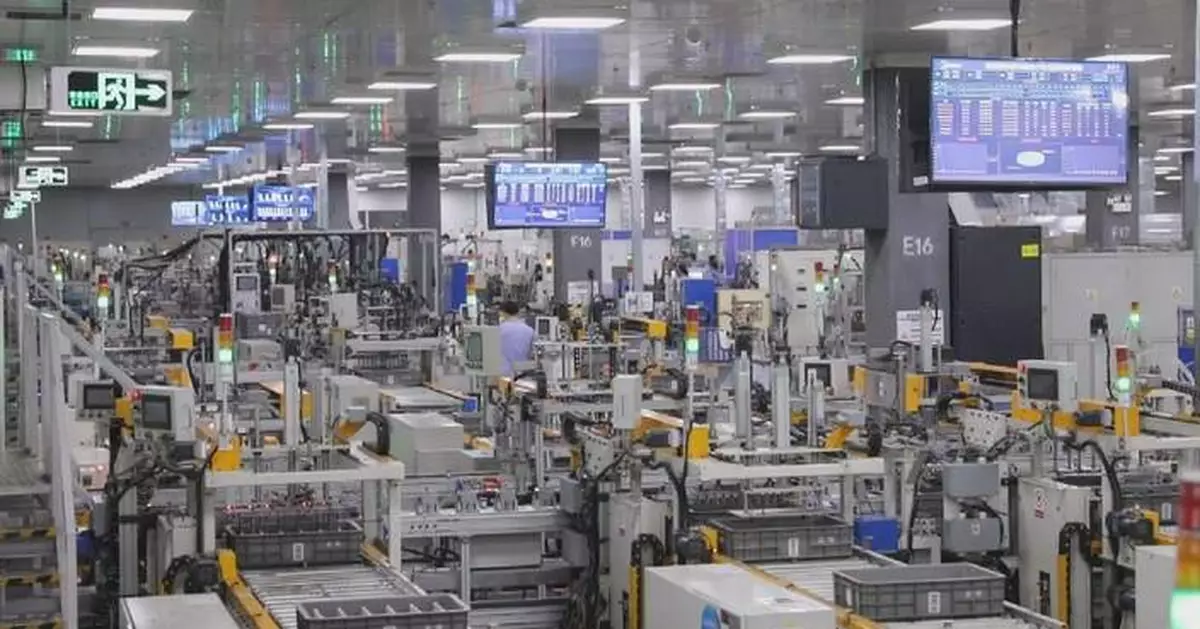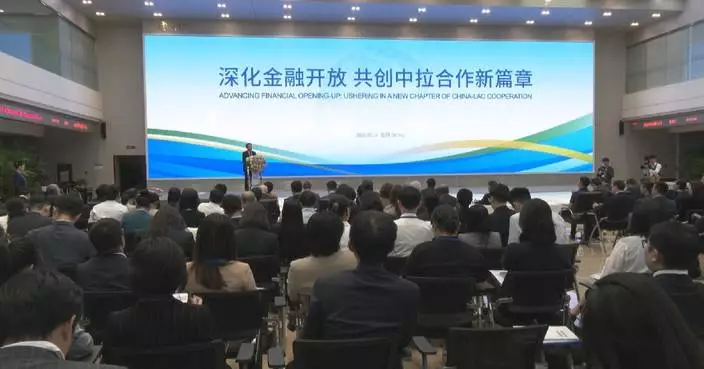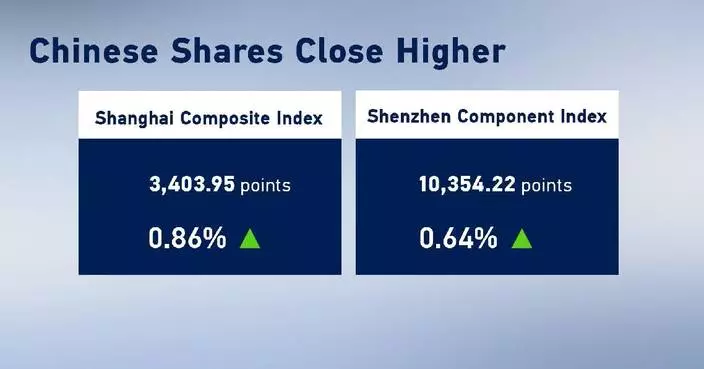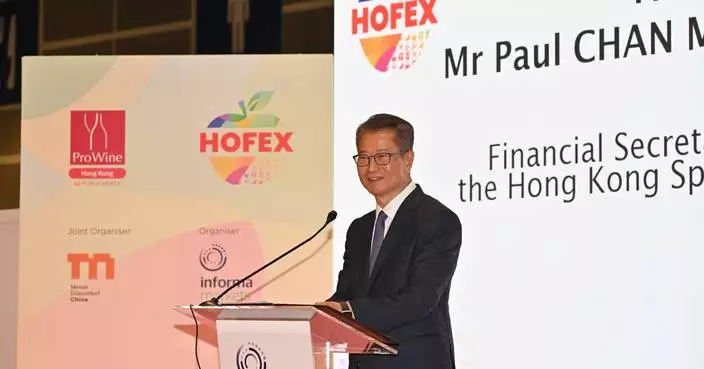Chinese President Xi Jinping's New Year address, delivered on Tuesday, emphasized innovation, resilience, and confidence in addressing domestic and international challenges, a Beijing-based senior professor remarked during a live studio discussion on Wednesday.
Liu Baocheng, dean of the Center for International Business Ethics at the University of International Business and Economics, described the speech as a blueprint for advancing technological self-reliance and fostering sustainable growth by 2025.
Highlighting the development of new quality productive forces in 2024, Liu noted that the emphasis underscores significant strides toward strengthening technology and promoting greater independence.
"For the past almost five decades, China almost emulated the technologies that are already available, either through the purchase of patent or taking the ventures through the off-shelf technologies, which is very legitimate, and the beauty of China's economic growth lies in the application of such sort of technology. Now we are really moving into the frontier research level, so therefore through self-development and indigenous innovation. Therefore, the government, businesses and research labs need to team up to really make some breakthroughs," he said.
"And of course, being self-sufficient does not mean that we are really closing our door. We need to continue to explore avenues to work with the rest of the world in the scientific period [field], and also with multinationals, and also the dialogue with politicians around the world. Because, after all, any technological advancement is really a contribution to humankind's advancement," said Liu.
Liu also highlighted how Xi's speech instills strong confidence about 2025, despite external pressures and the need for transformative changes in traditional practices.
In terms of policies to tackle these challenges, Liu emphasized measures aligned with Xi's vision, including creating job opportunities for young people, improving livelihoods, and ensuring social welfare.
"For such a strong economy, with its size in the global arena, particularly when it rises in global preeminence, it is very natural to receive a lot of pressures both at home and abroad. And at home, we need to get full-fledged towards the Chinese-style modernization, through the high-quality development by boosting more infrastructure soundness. Immediately, we need to provide better job opportunities, particularly for the younger generation, and also provide more of the social welfare to the general people, and then improve the regulatory environment for private businesses," he said.
As for China's approach to international challenges, Liu highlighted the importance of maintaining dialogue and fostering diversification in response to rising global protectionism.
"And overseas, given the protectionist sentiment going over there, one is that China continues to maintain dialogue and smooth out some of the hurdles that is possibly to be removed. And also we need to see diversification over the global marketplace," he said.
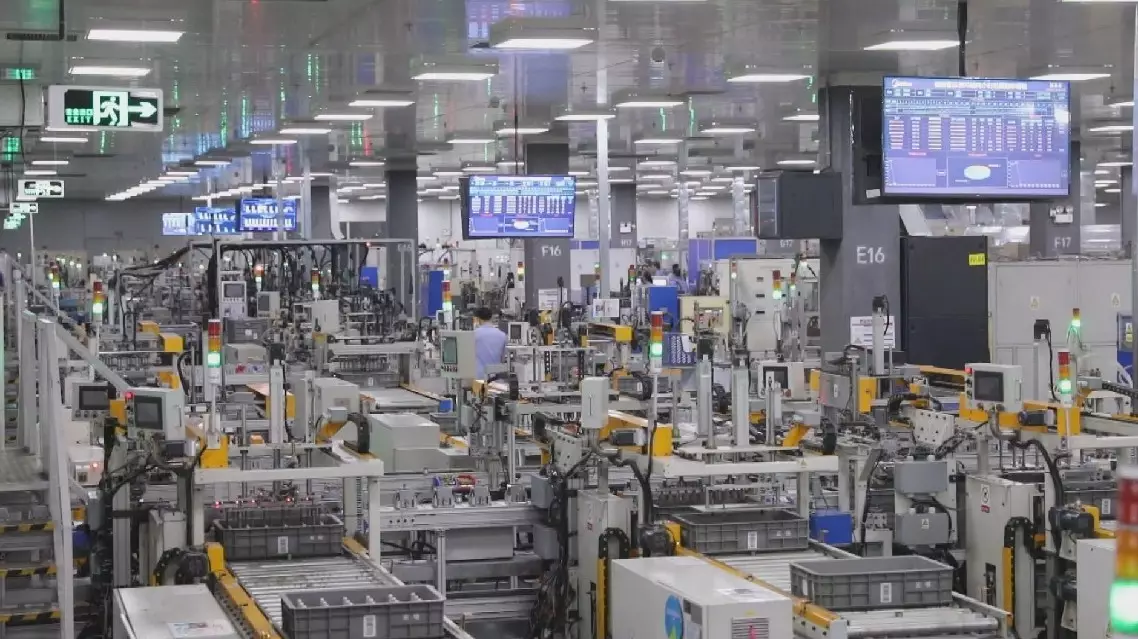
Xi's New Year address emphasizes innovation, sci-tech self-reliance amid challenges: scholar


